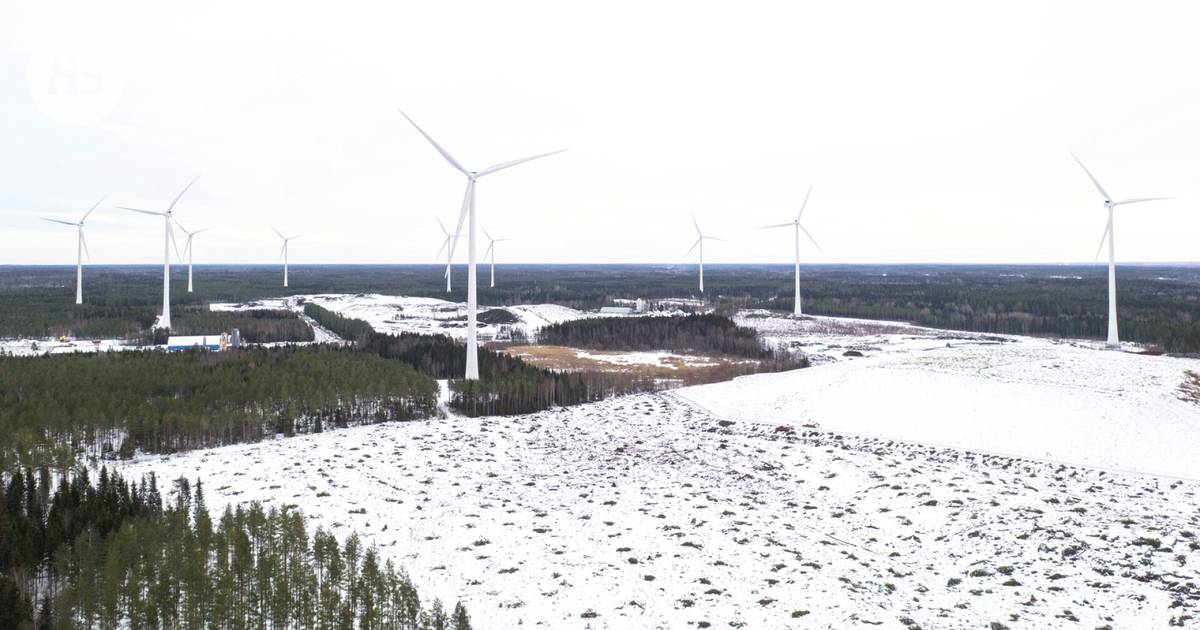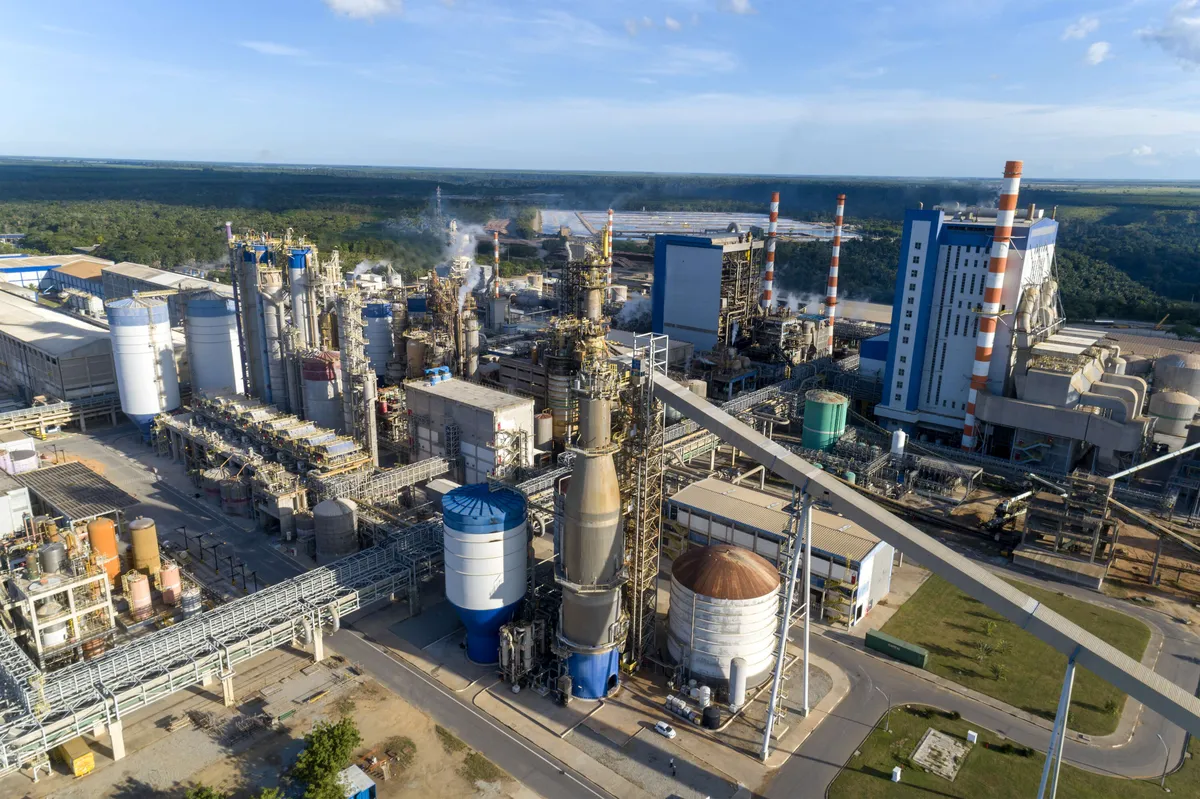A study conducted by the University of Eastern Finland has suggested that the rapid growth of wind power in Finland may lead to increased local opposition. The combined effects of wind power areas are not always considered in construction, leading to obstacles and controversies at the local level. Professor Lasse Peltonen and project researcher Jakob Donner-Amnell conducted interviews and surveys among experts and the general public to understand factors that influence acceptability.
While wind power has been widely accepted in Finnish society, concerns become more pronounced when turbines are erected in specific areas. The researchers noted that while overall acceptability remains high, local controversies have emerged as more wind power projects are developed. They highlighted the importance of considering factors such as landscape, noise, and fairness issues when developing wind power projects at the local level.
Acceptability can be influenced by various factors such as perceived injustices among landowners and distribution of benefits to communities. Projects that bring tangible benefits such as job creation are more likely to be accepted by locals. The researchers cited examples from Sweden and Norway to emphasize the importance of addressing public concerns and ensuring transparent decision-making processes in wind power development.
In Norway, backlash against centralized decision-making has hindered onshore wind power projects, while Sweden’s energy policy debate polarization has affected the acceptability of wind energy. In contrast, Sweden has successfully integrated offshore wind energy into their energy mix without significant opposition from the public. This study highlights the need for coordinated efforts in wind power development involving stakeholders at all levels to address local concerns and ensure sustainable growth.
The findings suggest that if we want to achieve a sustainable future for renewable energy sources like wind power, it is essential to take into account local perspectives and concerns. By addressing these issues proactively, we can build trust with communities and ensure that they support our efforts towards a greener future.
In conclusion, this study highlights the importance of considering local perspectives when developing renewable energy sources like wind power. By doing so, we can ensure that these projects are acceptable to communities and contribute towards sustainable growth for generations to come.



